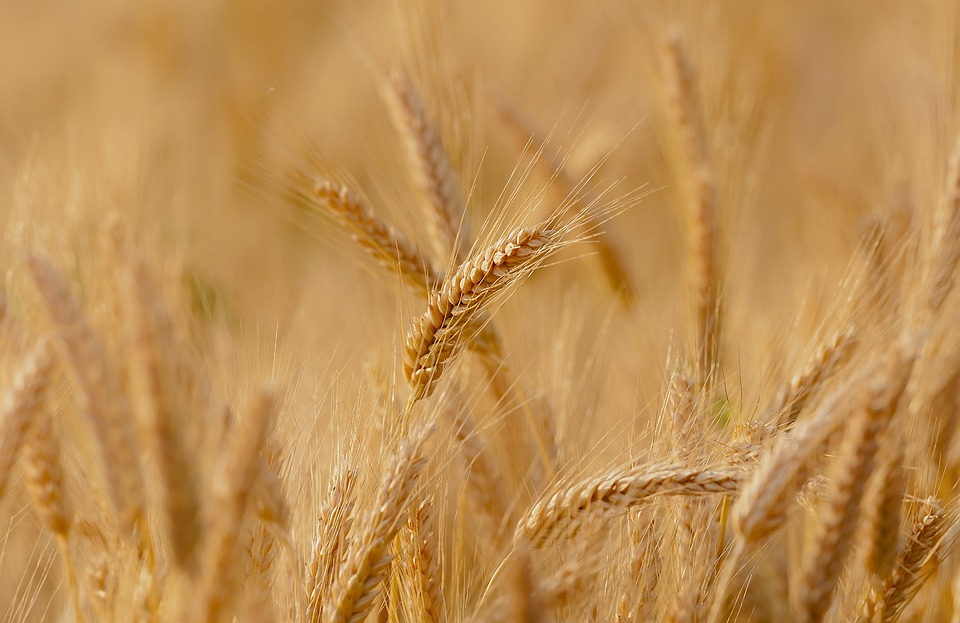
[ad_1]
Sustainable agriculture is the practice of farming in an environmentally friendly and economically viable way that focuses on preserving natural resources. In Bangladesh, where agriculture is the backbone of the economy, sustainable agriculture has emerged as a crucial tool to support the growth of the sector while reducing its impact on the environment. By adopting sustainable practices, farmers can reduce production costs, increase yields, and improve the quality of their crops, all while protecting the natural resources they rely on.
Bangladesh has a long history of agriculture, but with limited land, water, and other resources, farmers face numerous challenges. Climate change, natural disasters, and overuse of chemicals have had a negative impact on soil health, water quality, and overall productivity. Sustainable agriculture, therefore, is a key strategy for ensuring food security and economic growth.
Through sustainable agriculture, farmers can reduce the use of chemical fertilizers and pesticides, which can have long-lasting negative effects on soil quality, water quality, and human health. By using organic and natural fertilizers, farmers can improve soil health, increase crop yields, and reduce their environmental footprint. Additionally, sustainable agriculture practices such as crop rotation, intercropping, and conservation tillage can improve soil moisture retention, reduce soil erosion, and promote biodiversity.
Sustainable agriculture not only benefits the environment but also provides economic benefits for farmers. With fewer expenses on fertilizers and pesticides, farmers can increase their profits and invest in other areas of their farm. Moreover, by diversifying their crops, farmers can hedge against market fluctuations and increase their resilience to environmental challenges.
Bangladesh is already making significant progress in adopting sustainable agriculture practices. Many farmers have shifted to organic farming, and the government has launched various initiatives to promote sustainable agriculture. For example, the government has developed a National Sustainable Agriculture Strategy that aims to support sustainable agriculture practices across the country. The strategy includes policies to promote natural resource management, improve crop productivity, and enhance market access for small-scale farmers.
In conclusion, sustainable agriculture is a crucial tool for driving profitable and eco-friendly business in Bangladesh. By adopting sustainable agriculture practices, farmers can improve their crop yields, reduce production costs, and protect the natural resources they rely on. Additionally, sustainable agriculture can help to address environmental challenges such as climate change and promote food security and economic growth. With continued support, sustainable agriculture will play a key role in ensuring a sustainable future for Bangladesh’s agricultural sector.
[ad_2]























